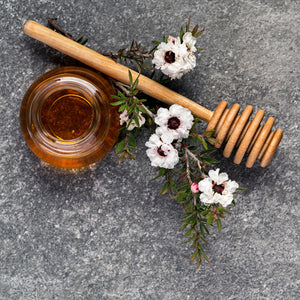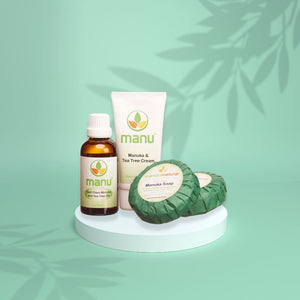
Manuka honey found below par
Once again the British press are questioning the authenticity of Manuka honey with their report that Fortnum and Mason are removing Manuka honey from their shelves while they investigate reports that their home branded Manuka honey does not meet tests of authenticity.
For the past 5 years research in New Zealand has focused on identifying compounds that are unique to Manuka honey so that authorities could test batches of honey sold as Manuka honey and confirm or deny that Manuka honey is true to label.
Researchers have identified 4 compounds that are unique to Manuka honey and have developed a patented testing procedure which can identify Manuka honey that has been blended or adulterated.
In the UK this testing is licensed to Fera who are the only testing authority able to accurately analyse the various ‘markers’ that signify Manuka honey.
One of the problems with exports of Manuka honey from New Zealand is that once exported the New Zealand producer has no control over how that honey is processed packed and labelled.
Most Manuka honey sold for export in bulk is contained in 200litre (approx 44 gallon) drums and repackaged into consumer sized packs by the importer or distributor.
This is where the adulteration can take place, it has been found that large quantities of high quality Manuka honey have been diluted with other cheaper local honey, corn syrup and molasses in order to profiteer from the high quality and recognition of the medicinal value of this unique Manuka honey from New Zealand.
For consumers to be sure that they are buying genuine Manuka honey, they should buy it on-line from trusted New Zealand based businesses who stock certified UMF Manuka honey.



Leave a comment